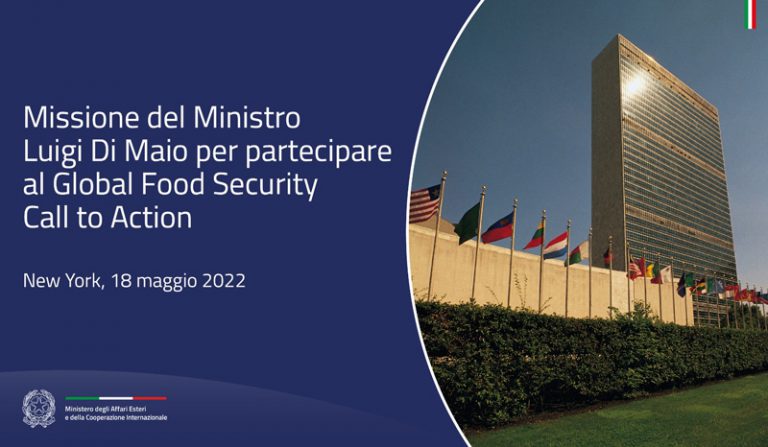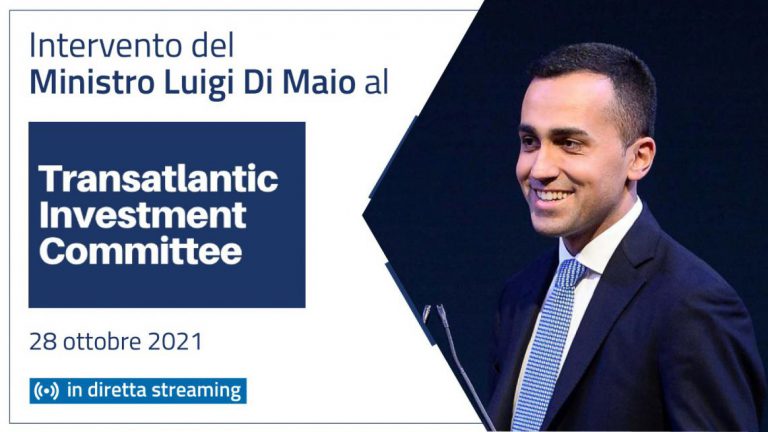Barack Obama is closing his eight-year mandate at the White House reaping a high level of popularity. He found an America affected by the most severe economic crisis since the end of the two world wars, and involved, with thousands of soldiers on the ground, in conflicts increasingly difficult to be justified. He is leaving an America which has considerable changed.
A robust dose of public resources has saved the financial system and revamped economic growth. Obamacare represens a partial completion of the health system reform, which has been a great source of frustration among the US Democrats in the past twenty-five years.
Of course, not everything went the way it was supposed to go. The US is still a divided country and economic recovery has not reached out to the poorest and most severely affected sectors of the American middle-class.
As regards the role of the USA in the world, Obama has been criticized by many, but it is my personal opinion that he was able to score major goals. I am not referring only to individual, though important, issues such as defeating al-Qaeda, striking a nuclear deal with Iran and resuming talks with Cuba.
I am referring to the huge strategic overhauling of the country he brought about throughout his two presidential mandates . It was neither the withdrawl of a reluctant leader, nor the acknowledgement of a decline. Quite the opposite. Obama has crafted a vision of US leadership capable of adjusting to the new century.
A leadership which is no longer resting on the deployment of considerable numbers of task-forces across the world: an approach for which we are still paying the price. Obama has shaped a leadership based on having the ability to lead coalitions , implementing selective and controlled strikes, leveraging the soft power typical of great democracies.
In short, he envisioned a model of leadership which is capable of adapting to a world far from the flat and pacified scenario which has been anticipated at the end of the 1990s. This is a more difficult world where new forms of hyper-sovereignty are spreading far and wide. A world where, as Obama himself said when addressing the UN Assembly, failed States may be even more dangerous than rogue States.
In such a world, seeking a new order, Europe will be the No.1 unknown factor for the United States after Obama. Struggling with Russia’s geopolitical challenge and corroded from within by negative responses to the issue of migration flows, Europe, the strongest ally of the American democracy, today has become the most serious source of concern for the White House that initially saw it as a pivot point towards Asia.



